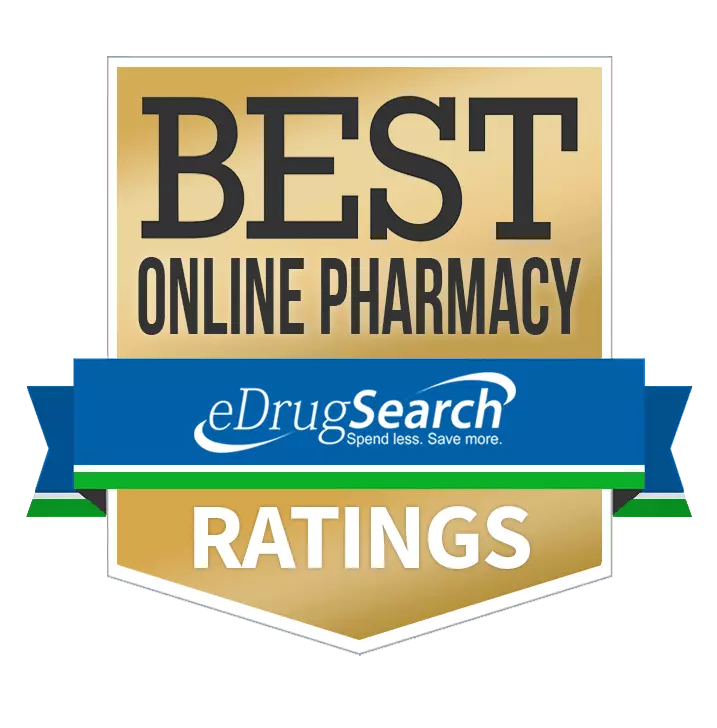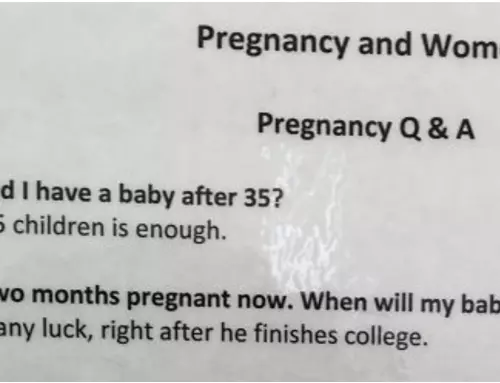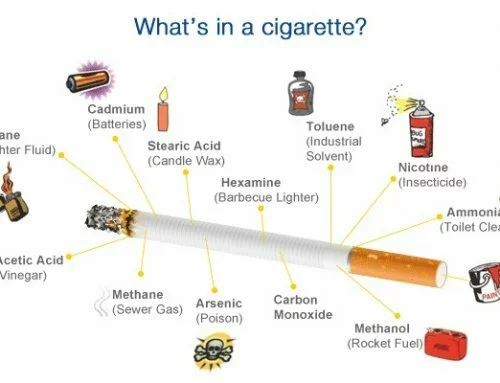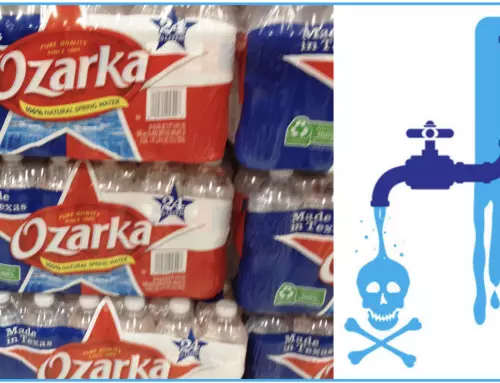The Hidden Benefits of Breastfeeding
Many women in the United States are unaware of the remarkable health benefits that are to be gained for both mother and baby from breastfeeding. Despite multiple studies, many U.S. hospitals are still failing to provide the needed support to assist new mothers with breastfeeding their babies. If it has been proven through scientific studies that breastfeeding is beneficial to moms and babies, can someone please explain why people aren’t doing everything possible to make it more socially acceptable for mothers to breastfeed their children?
A new report by “The Lancet” Medical Journal has been billed as the largest, most detailed analysis of the existing breastfeeding research around the world. In this study, more than 1,300 cases were reviewed, including those specifically performed for this report. These studies focused on the current trends and the benefits of breastfeeding.
Breastfeeding Saves Lives
Based on this new report, an increase in breastfeeding across the world has the potential to:
- Prevent one third of all respiratory infections
- Save the lives of 820,000 children across the globe
- Prevent 13 percent of all deaths of children under the age of five
- Prevent half of all diarrhea episodes in low- and middle-income countries
- In first-world countries, breastfeeding reduces the risk of sudden infant death by more than 30 percent.
A “Huge Intervention”
Children who have been breastfed for an extended period of time are more likely to have high levels of intelligence than those who are breastfed for a shorter period of time. According to Shawn Baker of the Bill & Melinda Gates Foundation, encouraging breastfeeding for mothers is a “huge intervention.” The Bill & Melinda Gates Foundation has given a $650,000 grant to the World Health Organization to fund the recent report. Baker emphasized that encouraging mothers to breastfeed their babies is not second-rate intervention being pushed on developing nations. Instead, it is state-of-the-art, platinum-standard intervention that is really the very best that can be done for these mothers and their children.
Mothers who nurse their babies have a reduced chance of breast cancer and ovarian cancer. Increasing the number of breastfeeding mothers in the country could result in 20,000 fewer deaths from breast cancer each year.
Breastfeeding in Rich Nations
Were you aware that women in wealthier countries are less likely to nurse their babies? One in five children in high-income nations are breastfed up to one year while one in three children are breastfed exclusively for the first six months in low-income or middle-income countries. In many countries, an economic improvement often means a reduction of breastfeeding and a greater percentage of children being fed formula instead.
Formula marketers play a huge role in keeping breastfeeding levels low. Despite the international code adopted in 1981 to protect the common person from inappropriate marketing techniques, these strategies are still being thrust forward by the market. According to the report, enormous growth is expected to occur in the formula market, with sales to reach more than $17 billion in 2019.
What Can You Do?
While many mothers are unable to nurse their children for medical or physical reasons, there are mothers who are completely unaware of the benefits that breastfeeding can provide for them and for their children. Is it possible to help mothers understand the incredible health benefits of breastfeeding instead of using formula? Increasing the public awareness of the value of breastfeeding through companies such as eDrugSearch.com will play a huge role in the health of the nation and of the world.
Watch more about the recent “The Lancet” Medical Journal study on breastfeeding:
How do you think an increase of breastfeeding mothers will impact society?
Share your comments below!

 Doctors Warn Parents About Hidden Dangers of Using Baby Wipes
Doctors Warn Parents About Hidden Dangers of Using Baby Wipes











